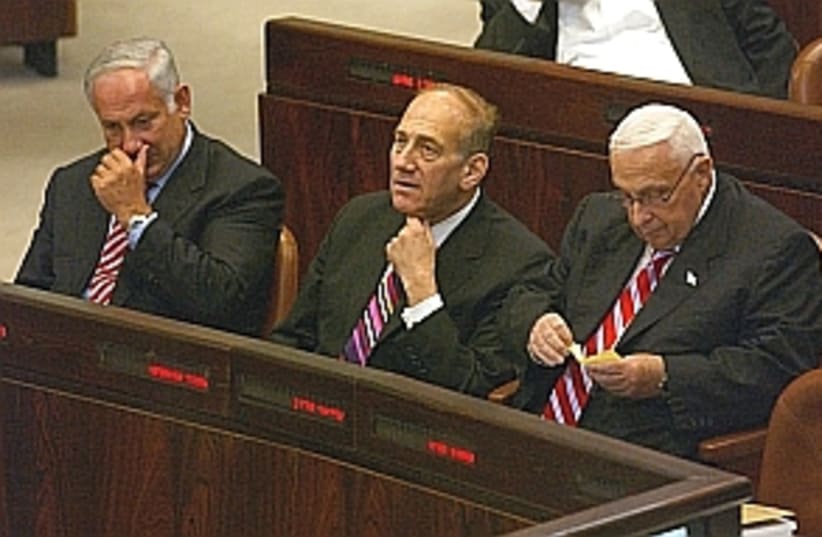| More about: | Golden Horde, George W. Bush, James Wolfensohn, Vladimir Putin |
Diplomacy: Golden handshake?
PM Sharon was given a hero's welcome abroad. Still, the Likud party may put him out to pasture.


| More about: | Golden Horde, George W. Bush, James Wolfensohn, Vladimir Putin |